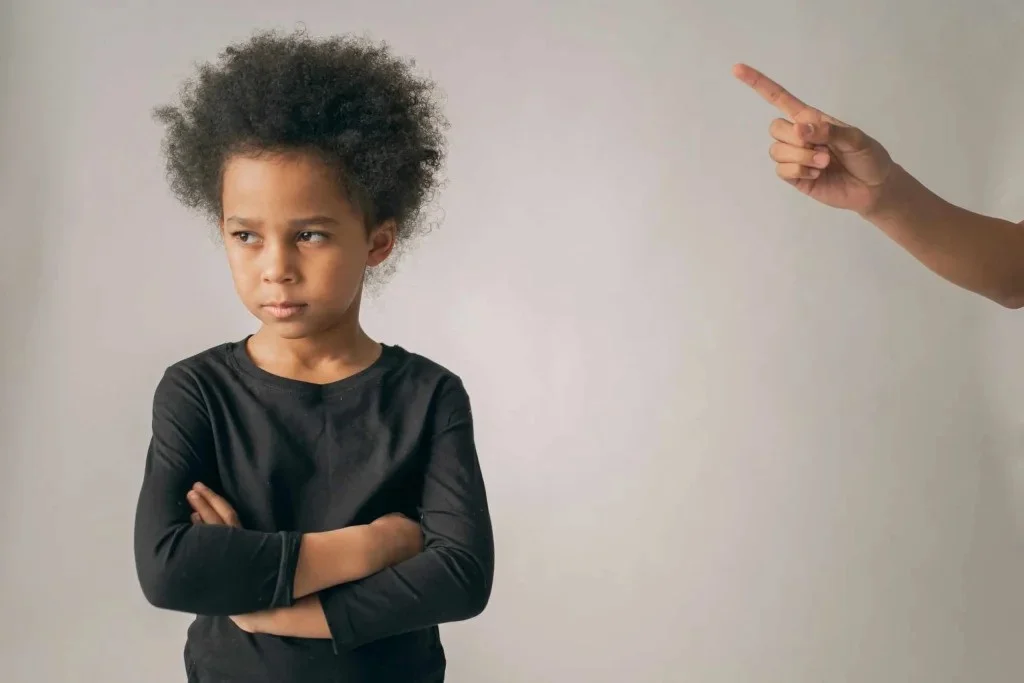Mental health specialists are raising alarms over the practice of flogging children in religious institutions, often done under the guise of “spiritual cleansing.” Far from healing, experts say the practice inflicts deep emotional and psychological scars.
Expert Concerns on Harmful Practices
Dr. Yesiru Kareem, a consultant psychiatrist, condemned the act, calling it “cruel and unnecessary.” He explained that spirituality should uplift rather than damage.
“Beating children leaves behind fear, shame, and lasting wounds. It can trigger depression and severe anxiety,” he noted.
Long-Term Impact on Children
Experts emphasize that harsh punishment during formative years disrupts brain development. Consequences may include:
-
Low self-esteem
-
Risk of substance abuse
-
Complex post-traumatic stress disorder (PTSD) from repeated abuse
Culture vs. Care
According to Dr. Kareem, harmful cultural beliefs must never replace proper medical care. He urged parents to seek help from health facilities early and insisted that schools should remain safe spaces, free from corporal punishment.
Rising Mental Health Crisis
Child development specialist Dr. Modupeola Adebayo described the issue as a “silent crisis.” She explained that a child’s brain interprets flogging as constant danger, impairing memory, emotional regulation, and academic performance.
Children subjected to such punishment may struggle with nightmares, fearfulness, or difficulties in learning.
Misguided Beliefs About Discipline
Many parents mistakenly view disobedience or poor behavior as evidence of spiritual problems. As a result, they turn to religious centers for harsh correction.
“This damages trust and destroys a child’s sense of self-worth. Flogging is not healing,” Dr. Adebayo stressed.
Call for Reform and Child Protection
Experts are urging the strict enforcement of Nigeria’s Child Rights Act, which prohibits corporal punishment. They also recommend more awareness campaigns involving parents, schools, and faith leaders.
Children with behavioral or psychological challenges, they argue, should be guided toward professional medical care rather than subjected to punishment.
Safer Alternatives to Discipline
Instead of flogging, experts advocate for supportive approaches such as therapy, counseling, and parental training.
“We must guide children with compassion, not pain,” Adebayo said.
Nigeria, they insist, must prioritize child protection and ensure healthier methods of discipline to safeguard future generations.






